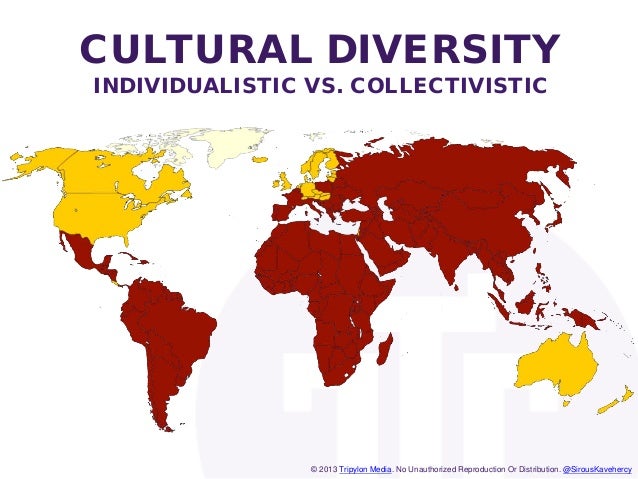Abstract
Culture and genes are often
considered to be contrary concepts that have little commonality. However, genes can affect how the brain
functions in influencing the formation of cultural norms and also cause an
opposite affect by culture possibly shaping the selection and later the
expression of genes within a population (Chiao & Blizinsky, 2010). Studies
on genetics have suggested that there are gene variations within the central
neurotransmitter systems (Way & Lieberman). The neurotransmitter serotonin is
considered to have the capability of influencing individual differences in
emotional responsiveness to varying social environments (Way & Lieberman,
2010). This literature review will explore the various ways genetic researchers
have linked the neurotransmitter serotonin in influencing differences within cultural
constructs such as collectivism and individualism within diverse societies. Results
from these studies do indicate that there are genetic variations that positively
correlate with social and ecological factors causing psycho-cultural differences
within societies (Fincher et al., 2008). Serotonin Transporter Gene Variants Across the World

Fig 1. Known prevalence of S-S and S-L serotonin transporter gene variants worldwide. Yellow denotes low rates, orange middling rates (around 40-50%, and red high, around 80% (Chiao & Blizinsky, 2009).
Individualism vs. Collectivism


Yellow: Individualistic Red: Collectivistic
References
Chiao, J., Blizinsky, K. (2010).
Culture-gene coevolution of individualism collectivism and the serotonin transporter gene. Proceedings of the Royal Society B, 277(1681), 529–37.
Fincher, C.L., Thornhill, R.,
Murray, D.R., Schaller, M. (2008). Pathogen prevalence predicts human cross- cultural variability in
individualism/collectivism. Proceedings
of the Royal Society B: Biological Sciences,
275(1640), 1279–85.
Way, B. M., & Lieberman, M.
D. (2010). Is there a genetic contribution to cultural differences?Collectivism, individualism and genetic
markers of social sensitivity. Social
Cognitive And Affective
Neuroscience, 5(2-3), 203-211.


